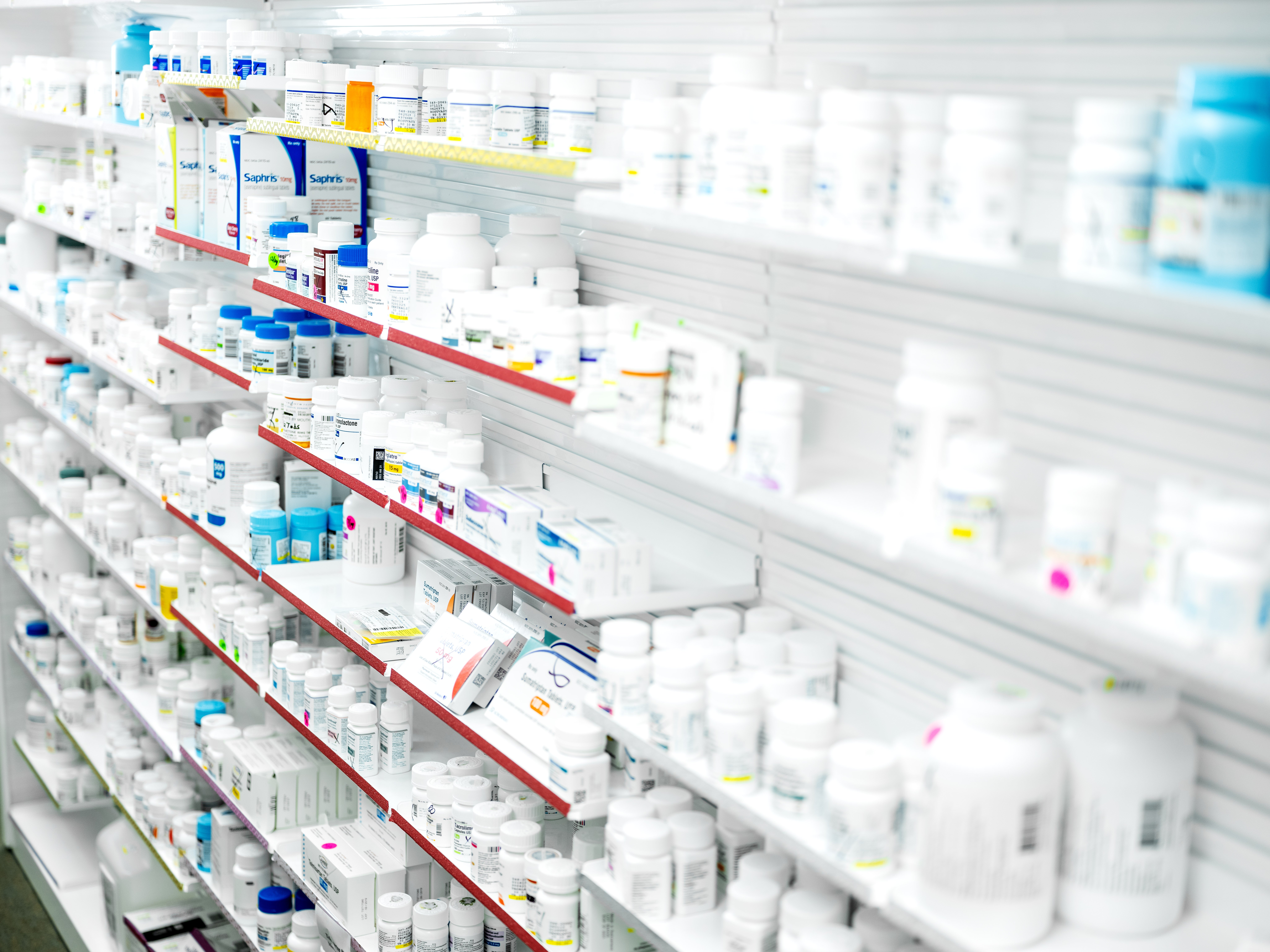
Pharmacy technician employers can be grouped into four main categories: community pharmacies (retail pharmacies), specialty pharmacies, mail-order pharmacies and hospital pharmacies.
Education and certification requirements for these roles roles can largely be the same with some extra emphasis placed on specific tasks based on the working environment. However, the day-to-day tasks of a pharmacy technician in a hospital are unique to that environment.
Whether you're currently working in a community or retail pharmacy and considering making a career change, or you're working toward your CPhT certification and are trying to decide which working environment would best suit you, it's helpful to know some key differences.
Here are 5 tasks unique to pharmacy technicians working in a hospital setting.
1. Investigational drug service (IDS)
Hospital pharmacy technicians assist in all aspects of clinical trial management. Working closely with sponsors, primary investigators, study teams, and drug suppliers, pharmacy technicians help ensure adherence to trial guidelines.
- Receive investigational drugs using established institutional guidelines and sponsor requirements.
- Order and maintain protocol specific to inventory.
- Work with IDS pharmacists to set up and operationalize new clinical trials
- Monthly billing and payroll activities.
- Maintain and manage sponsor established temperature storage guidelines.
- Track monthly metrics of IDS workload activities.
- Meet with sponsor representatives to ensure proper study maintenance and resolve issues that arise.
- Compound and dispense protocol specific medications following institutional and sponsor specific procedures.
- Process patient returned and expired study medication based on sponsor and institutional guidelines.
- Create and update standardized operating procedures for technician roles.
- Train new technicians and research pharmacy staff.
2. Medication history technician
Hospital pharmacy technicians may serve the role of a medication history technician. In some cases, this is its own role entirely, and is fulfilled by a certified pharmacy technician. As a medication history technician, you meet with patients or patient representatives at admission to comprise an accurate list of medications that the patient is currently taking using structured patient interviews.
- Ask “open ended” questions in order to obtain patient’s current medications.
- Confirm medication dosage and frequency with patient’s local pharmacy, sure scripts, and other resources as available.
- Enter updated and current medications into the patient’s hospital medication profile.
3. Preparation of sterile and non-sterile compounds
Hospital pharmacy technicians provide oversight and management of hospital onsite and offsite compounding facilities to maintain and achieve adherence to all regulatory requirements for sterile and non sterile compounding. Preparation of various sterile compounds—such as chemo medications and pediatric IVs—requires specific knowledge of aseptic technique and calculations.
- Conduct annual and biannual media fill compounding assessments for all pharmacy employees that are involved in sterile compounding.
- Coordination and conduction of environmental testing and air sampling for pharmacy areas in accordance with regulatory standards.
- Conduct biannual laminar flow hoods and biological safety cabinets certifications.
- Maintain and update compounding compliance records in accordance with regulatory guidelines.
- Standardize compounding supplies across all compounding facilities.
- Conduct onsite training in proper aseptic technique to all new pharmacy employees.
- Create and maintain standard operating procedures and policies to ensure standardized adherence across all facilities meet regulatory requirements.
- Create and update training videos and documents to assist with compounding adherence.
- Review monthly and yearly compounding records and staff compounding performance. Assist with remediation and/or retraining as needed.
4. Special medications and delivery methods
In a community pharmacy, pharmacy technicians are working with and interacting directly with patients who are self-administering medication at home. In a hospital, interaction is mostly with doctors and other medical staff, and medication is most often administered by nurses.
Everything from the types of medication pharmacy technicians prepare to the medication delivery method is unique in a hospital setting.
- Delivering medications to the nursing station, to the Operating Rooms( ORs) and the Emergency Department (ED). That includes STAT medications and exchanging daily med carts.
- Ensuring crash carts are adequately supplied with their institution's required medications.
- Making trays and kits (CPR, transport, etc.) and refilling anesthesia carts.
- Wearing specific attire for certain places (OR, IVR, etc.)
- Drip rounds - titration monitoring and calculations.
- Manage inventory of automated dispensing machines (ADMs).
- Monitor for diversion of controlled substances.
5. Pharmacy procurement and purchasing
Hospital pharmacy technicians work with drug wholesalers, pharmaceutical companies and others to procure needed medications and supplies.
- Assess Par levels and minimum reorder levels (MRL) to maintain adequate drug supplies based on P&T committee formulary changes and updates.
- Assess current industry drug and supply shortages and ways to address them.
- Research alternate therapy and supply options for industry wide shortages, back orders and manufacturer shortfalls.
- Fulfill facility clinic, laboratory, and satellite pharmacy requests for drugs and supplies
- Contact involved parties when supply problems arise, such as shipping and delivering errors and expiration issues.
- Ensure medications are handled and stored properly in transit, particularly, cold-chain medications.
Hospital pharmacies and community pharmacies, in many ways, are two different worlds. Some pharmacy technicians start their career in community pharmacies, and then shift to the hospital setting later in their career for new challenges and experiences.
If you're interested in a career as a pharmacy technician in a hospital or community pharmacy, learn more about starting your certification journey. If you're currently working in the field and are interesting in changing practice setting, the first step to take is making sure your CPhT certification is up-to-date.

